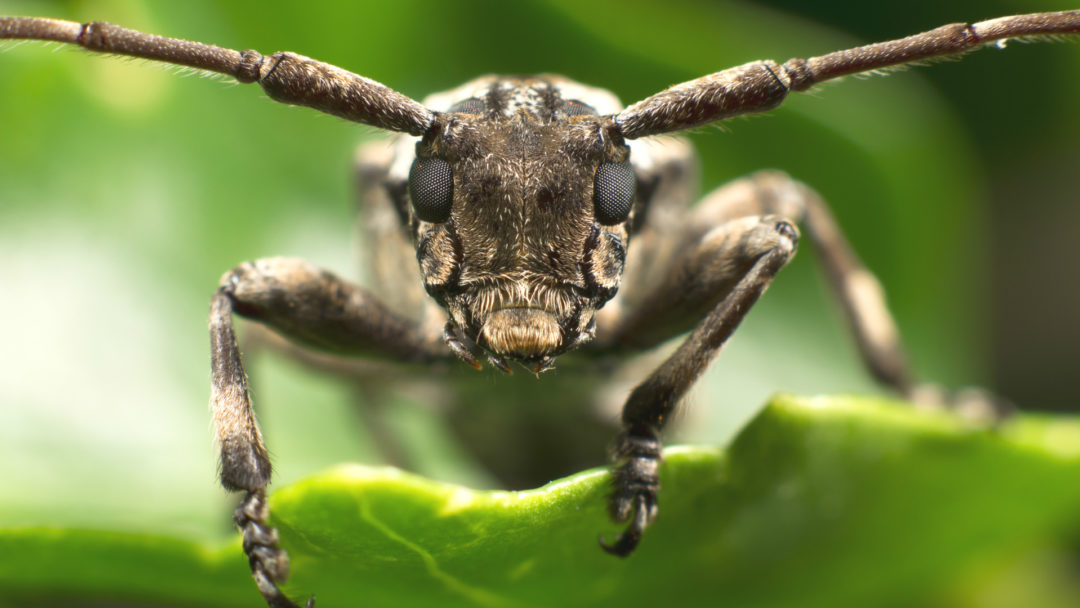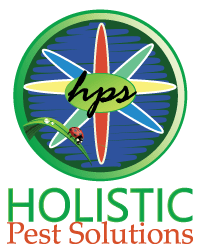Invasive plant and pest species can devastate agriculture, natural resources, economy
During the month of April, which is National Invasive Plant, Pest and Disease Awareness month (in case you didn’t know!), the Virginia Department of Agriculture and Consumer Services hopes to raise public awareness of the threat invasive species pose to the state’s agricultural and natural resources. In the interest of that, we would like to share their press release with you that contains helpful information on preventing invasive pest and plant species.
RICHMOND, Va. — The Virginia Department of Agriculture and Consumer Services encourages the public to join the effort to stop the threat of invasive plants and pests in Virginia. Non-native, destructive insects, diseases and harmful weeds are a tremendous threat to the Commonwealth’s crops and forests, and can seriously harm the economy, environment and even human health. During the month of April, which is National Invasive Plant, Pest and Disease Awareness month, VDACS hopes to raise public awareness of the threat invasive species pose to the state’s agricultural and natural resources.
 Invasive species, such as the Asian longhorned beetle, emerald ash borer, gypsy moth, imported fire ant, boxwood blight and giant hogweed, wreak havoc on the environment, displace or destroy native plants and insects, severely damage crops and potentially cause the closure of foreign markets to those U.S. products that originated in infested areas. Once invasive pests become established, they can grow and spread rapidly, often due to no natural predators in their new environment. Invasive pests cost landowners, industry and the government millions of dollars to control. Taking steps to prevent their introduction is the most effective method of reducing both the risk of invasive species infestations and the cost to control and mitigate those infestations.
Invasive species, such as the Asian longhorned beetle, emerald ash borer, gypsy moth, imported fire ant, boxwood blight and giant hogweed, wreak havoc on the environment, displace or destroy native plants and insects, severely damage crops and potentially cause the closure of foreign markets to those U.S. products that originated in infested areas. Once invasive pests become established, they can grow and spread rapidly, often due to no natural predators in their new environment. Invasive pests cost landowners, industry and the government millions of dollars to control. Taking steps to prevent their introduction is the most effective method of reducing both the risk of invasive species infestations and the cost to control and mitigate those infestations.
The public can help reduce the spread of invasive pests and plants by following these simple steps:
- Don’t move firewood over long distances as it can be a carrier of invasive insects and diseases. Use firewood that originates from the area where it will be burned. Gypsy moth egg cases and emerald ash borer larvae can hitch a ride with the firewood and start infestations in new areas.
- Before leaving a work or recreational site, look for and remove any insects, seeds and other plant parts that might be attached to your equipment, boots, gear and vehicle.
- Consult with your local nursery or master gardener to select plants that are not invasive for landscaping and gardening projects. A wide variety of beautiful native plants that thrive in your local environment are available at local nurseries and garden centers.
- Don’t plant seeds of invasive plants in wildlife food plots.
- Always declare any plant material brought into the United States when returning from a trip abroad.
Anyone suspecting an invasive pest in their area should contact VDACS’s Office of Plant Industry Services at 804-786-3515, USDA’s Animal and Plant Health Inspection Service at 804-226-5262 or their local Virginia Cooperative Extension Service agent at ext.vt.edu/offices.html.
More information on invasive plants, pests and diseases can be found at hungrypests.com.
— Virginia Department of Agriculture and Consumer Services
In the unfortunate event that your home has been infested by any of the above-mentioned pests, we can help! CONTACT Holistic Pest Solutions to learn more about our treatment plans for the common pests of Spring – fill out our contact form on this website or give us a call at 434 842 1700, whichever is more convenient for you. Whether you’re in Charlottesville, Waynesboro, or close by to either, Holistic Pest Solutions is mindful of our clients AND our Earth.
*Our Environmental Commitment: Holistic Pest Solutions is committed to the preservation of our environment. Our goal is to nurture the soils and plant life of lawns and landscapes. Utilizing holistic pest control practices that cause the least amount of impact on the environment.
Are you social? LIKE US on Facebook and FOLLOW US on Twitter for great tips and Earth-friendly articles!







